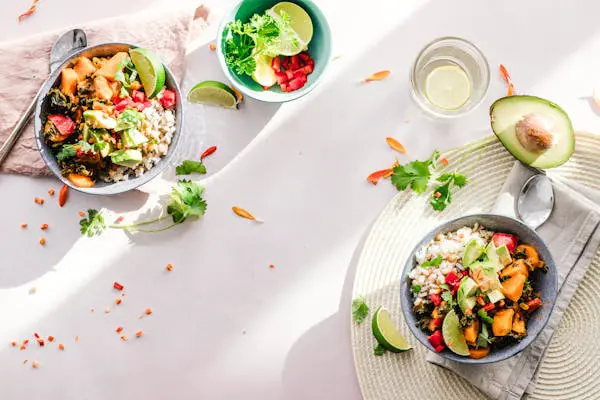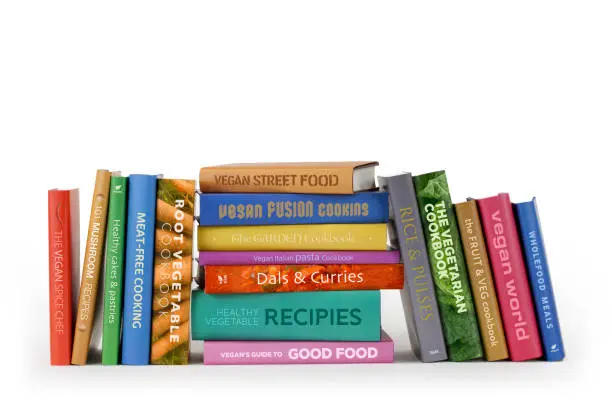
Sustainable Eating: Eco-Friendly Vegan Recipes from Vegan Cookbook Haven
- Admin
In a world where environmental consciousness is becoming increasingly important, sustainable eating practices are more crucial than ever. At Vegan Cookbook Haven, we're dedicated to providing delicious and eco-friendly vegan recipes that not only nourish the body but also support a healthier planet. From minimizing food waste to choosing locally sourced ingredients, our sustainable eating recipes empower you to make a positive impact on the environment while enjoying flavorful and satisfying meals.
Reducing Food Waste
Food waste is a significant contributor to environmental degradation, but with mindful meal planning and clever recipe ideas, we can minimize waste and make the most of every ingredient. Our sustainable eating recipes are designed to help you repurpose leftovers, use up pantry staples, and make use of every part of the plant to create delicious and nutritious meals. From using vegetable scraps to make homemade broth to transforming stale bread into savory croutons, our recipes show that sustainability starts in the kitchen.
Choosing Plant-Based Ingredients
One of the most effective ways to reduce your carbon footprint is by adopting a plant-based diet. By choosing plant-based ingredients over animal products, you can significantly reduce greenhouse gas emissions, water usage, and land degradation associated with animal agriculture. Our sustainable eating recipes focus on whole, plant-based ingredients that are not only better for the planet but also better for your health. From hearty legumes and grains to fresh fruits and vegetables, our recipes showcase the incredible variety and versatility of plant-based eating.
Supporting Local and Seasonal Foods
Another important aspect of sustainable eating is supporting local farmers and choosing seasonal produce. By purchasing locally sourced ingredients, you can reduce the carbon footprint associated with transporting food long distances and support small-scale farmers in your community. Our sustainable eating recipes are designed to highlight the flavors of seasonal produce and showcase the best of what each region has to offer. From summer salads bursting with ripe tomatoes to hearty winter soups made with root vegetables, our recipes celebrate the beauty and diversity of local and seasonal foods.
Embracing Zero-Waste Cooking
Zero-waste cooking is a philosophy that encourages mindful consumption and creative use of ingredients to minimize waste. Our sustainable eating recipes embrace the principles of zero-waste cooking by offering creative solutions for using up leftovers, repurposing scraps, and making the most of every ingredient. Whether it's turning vegetable peels into crispy snacks or using leftover grains to make flavorful salads, our recipes empower you to be resourceful in the kitchen and reduce your environmental impact.
Join Us in Eating Sustainably
Ready to make a positive impact on the planet with your food choices? Dive into our collection of sustainable eating recipes at Vegan Cookbook Haven and discover delicious ways to eat well while supporting a healthier planet. With our easy-to-follow recipes and expert tips, you'll soon be embracing sustainable eating practices and making a difference, one delicious meal at a time.
Start Eating Sustainably Today
Are you ready to join the movement towards sustainable eating with Vegan Cookbook Haven? Explore our collection of recipes, shop locally and seasonally, and get ready to enjoy flavorful and eco-friendly meals that nourish both body and planet. With our sustainable eating recipes, you can make a positive impact on the environment while indulging in delicious and satisfying food that's good for you and the planet.
